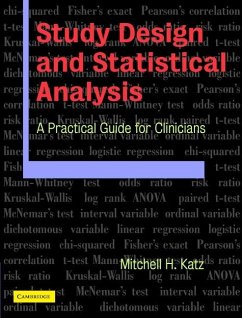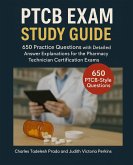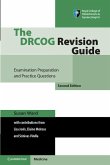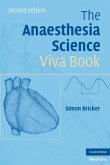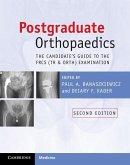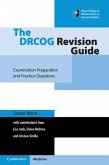This book takes the reader through the entire research process: choosing a question, designing a study, collecting the data, using univariate, bivariate and multivariable analysis, and publishing the results. It does so by using plain language rather than complex derivations and mathematical formulae. It focuses on the nuts and bolts of performing research by asking and answering the most basic questions about doing research studies. Making good use of numerous tables, graphs and tips, this book helps to demystify the process. A generous number of up-to-date examples from the clinical literature give an illustrated and practical account of how to use multivariable analysis.
Dieser Download kann aus rechtlichen Gründen nur mit Rechnungsadresse in A, B, BG, CY, CZ, D, DK, EW, E, FIN, F, GR, HR, H, IRL, I, LT, L, LR, M, NL, PL, P, R, S, SLO, SK ausgeliefert werden.
Hinweis: Dieser Artikel kann nur an eine deutsche Lieferadresse ausgeliefert werden.

